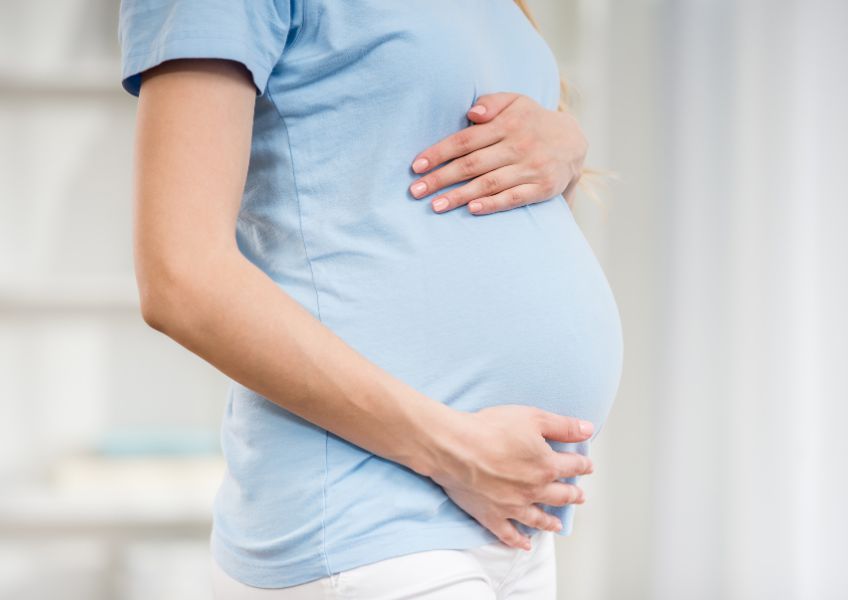The world of fertility and pregnancy is complex, filled with hope, anticipation, and often, confusion. With numerous nutritional supplements available, it can be tricky—overwhelming, even—to figure out what truly works. Luckily, CoQ10 has emerged as a leading supplement in this field. Here’s what you need to know about how CoQ10 affects pregnancy and fertility.
What Is CoQ10 And What Does It Do?
CoQ10, short for coenzyme Q10, is a naturally occurring antioxidant found throughout the body. It helps convert food into energy, which is crucial for your body to grow and stay healthy. It also plays a role in heart health, and it may support other parts of the body, such as your skin, lungs, and brain. I think we can all agree that those are pretty important!
Unfortunately, as we age, the level of CoQ10 in our bodies naturally decreases. That’s why it’s so important to maintain a varied diet which includes fish and nuts, and why so many people opt for CoQ10 supplements.
>>> See what people are saying about CoQ10 MD™
What Factors Affect Fertility?
Fertility is a complex subject, and there is still much research to be done. Plenty of things can affect it—from your genetics, to your weight, how much you exercise, and even your alcohol consumption. The overall health of the couple trying to conceive is very important. One study found potentially significant improvements in men who started exercising more and switched to a healthier diet (including supplements of CoQ10 and other antioxidants) (1).
How Does CoQ10 Affect Fertility?
While there are many factors that affect fertility, CoQ10 seems to have a beneficial effect on male and female fertility alike.
CoQ10 And Male Fertility
In men, CoQ10 plays a critical role in sperm health. Research indicates that it lessens oxidative damage, a key factor that can impair sperm function. By reducing this damage, sperm motility—an essential factor in conception—is often improved, and overall sperm viability is increased (2).
CoQ10 And Female Fertility
The benefits of CoQ10 for women center largely around oocyte, or egg, quality. Clinical studies have suggested that CoQ10 supplementation can lead to a decrease in chromosomal abnormalities within oocytes. This is significant, as chromosomal abnormalities can hinder embryo development and impede the success of fertility treatments (3).
Conclusion
In short, human reproductive health is complicated, and there isn’t a one-size-fits-all solution. Genetics, diet, exercise—all these, and more, play a pivotal role in your fertility. Antioxidants like CoQ10 seem to play a part in the process, especially in older couples, and they almost certainly can’t hurt. Still, remember to consult with your doctor before you make any big lifestyle changes.

